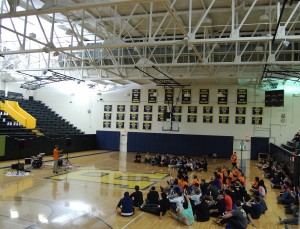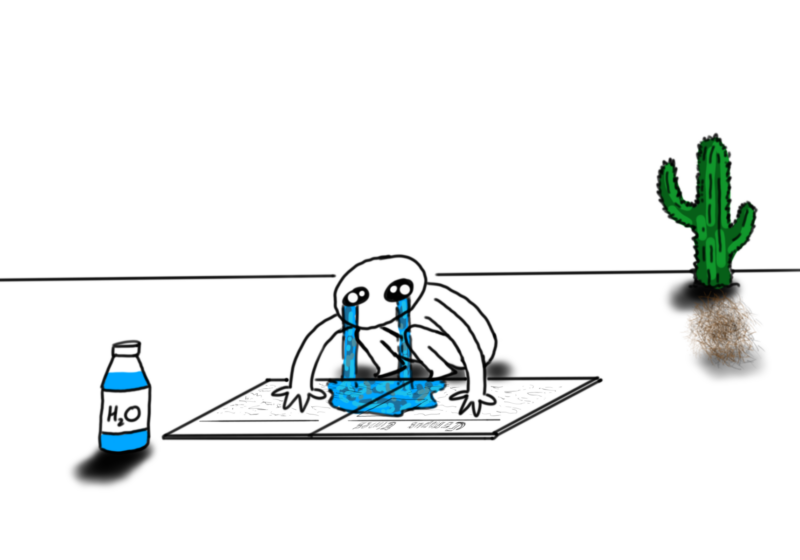“Hey, did you hear about that relay race that’s happening on campus?”
“Yeah, I think that group that had those shirts with squirrels on them is hosting it.”
There is a buzz about campus concerning UR’s annual American Cancer Society’s Relay For Life taking place on campus April 12.
Relay For Life is not in fact a relay race, but one of the nation’s largest events to promote awareness and raise money for research and programs that assist those fighting cancer.
In 1985, Gordy Klatt founded the Relay For Life when he spent 24 hours walking around a track in Tacoma, Wa. to raise $27,000 for the American Cancer Society. The following year, 340 additional supporters walked alongside Klatt overnight, birthing the now worldwide event known as Relay For Life.
During Relay for Life, those in attendance are encouraged to continue to walk around the designated track throughout the course of the night to symbolize just as cancer that does not sleep, they will not either.
To divide the responsibility of constantly walking and to raise the maximum amount of donations, participants are encouraged to form teams with friends and family, working together to fight for a larger cause.
Since 1985, Relay For Life events have grown to be recognized on an international scale.
Sophomore Alison Eberheart and member of UR’s Colleges Against Cancer (CAC), a club devoted to raising awareness and funds to battle cancer, spoke of the benefits of hosting events such as Relay for Life at UR.
“Although there are many people who have been affected in some way by cancer, there are also many who have not,” she said. “But by being at an event where there are people who have been affected helps to spread awareness.”
A cancer survivor herself, Eberheart participates in Relay For Life not only because she underwent treatment under two years ago for acute lymphoblastic leukemia, but as a result of being around children who had to as well.
On Thursday, March 21, CAC hosted their first Relay For Life kick-off event of the year, Mock Relay, to simulate the events that will take place during the actual Relay for Life.
“In that sort of environment, you are able to put things into perspective and understand how cancer is not blind. It affects any person for no particular reason,” Eberheart said before those in attendance at Mock Relay.
During the event on April 12, there will be many ceremonies and programs that occur to emulate Relay for Life’s motto, “Celebrate. Remember. Fight Back.” These include speakers, Relay specific videos, and UR relayers’ own video messages.
The first is a survivor’s lap to celebrate those who have been successful in defeating cancer. This is followed by a ceremony to remember those who have lost their battles with cancer. During this ceremony, the Luminaria Ceremony, personalized bags containing messages to either survivors, victims, or family members of those affected along with candles are lit along the course of the track as a tribute to their collective efforts.
The final ceremony is meant to empower those to continue to fight back against cancer by continuing events like Relay work towards decreasing the number of those affected.
According to freshman and member of CAC Carolyn Geraci, the club is a little more than halfway to reaching their ultimate goal of $60,000 by the event’s completion, an accomplishment far surpassing that of last year’s Relay.
“If enough people continue to donate and sign up for Relay For Life, we will be able to accomplish a lot more than is expected of a smaller college,” she said.
Lerner is a member of
the class of 2016.





